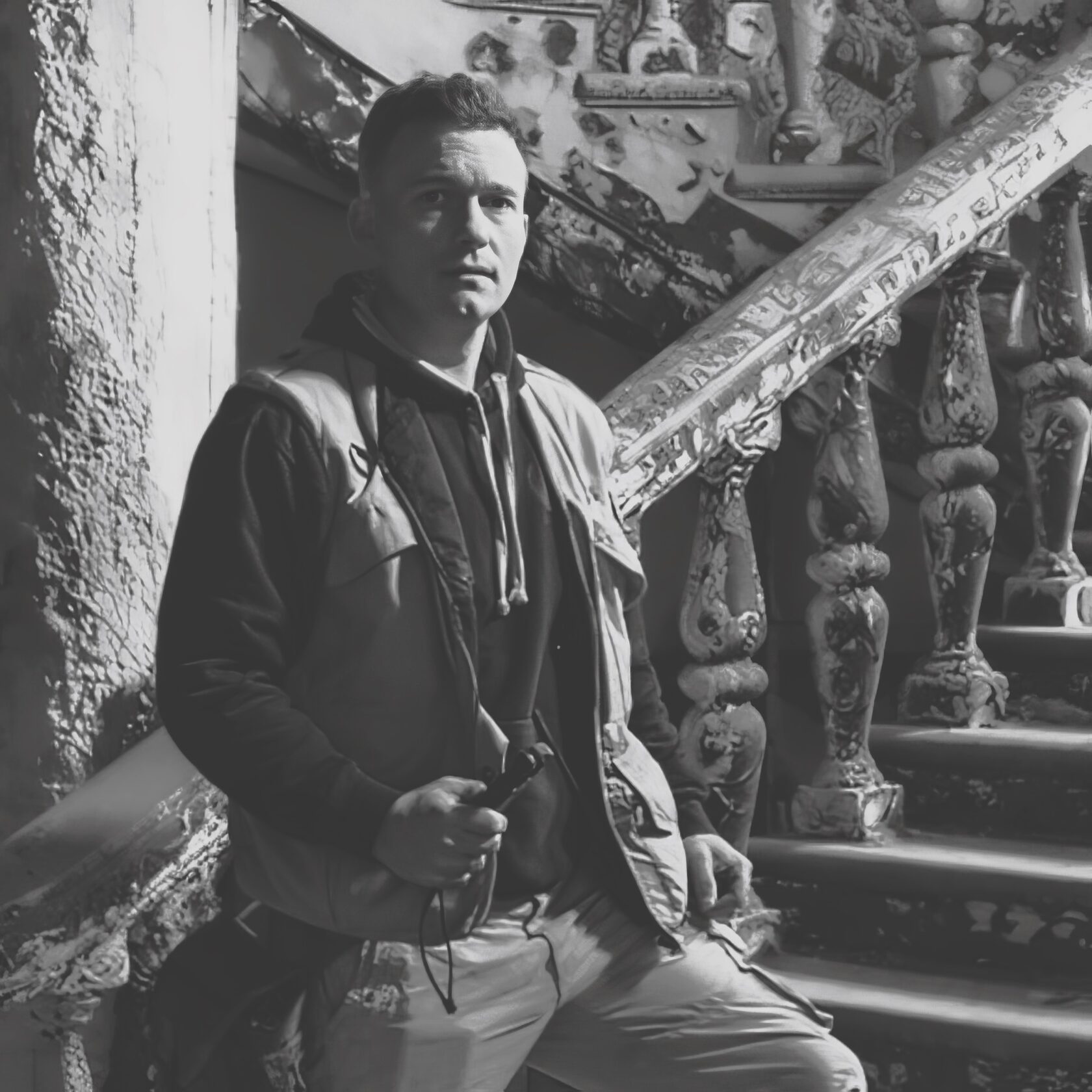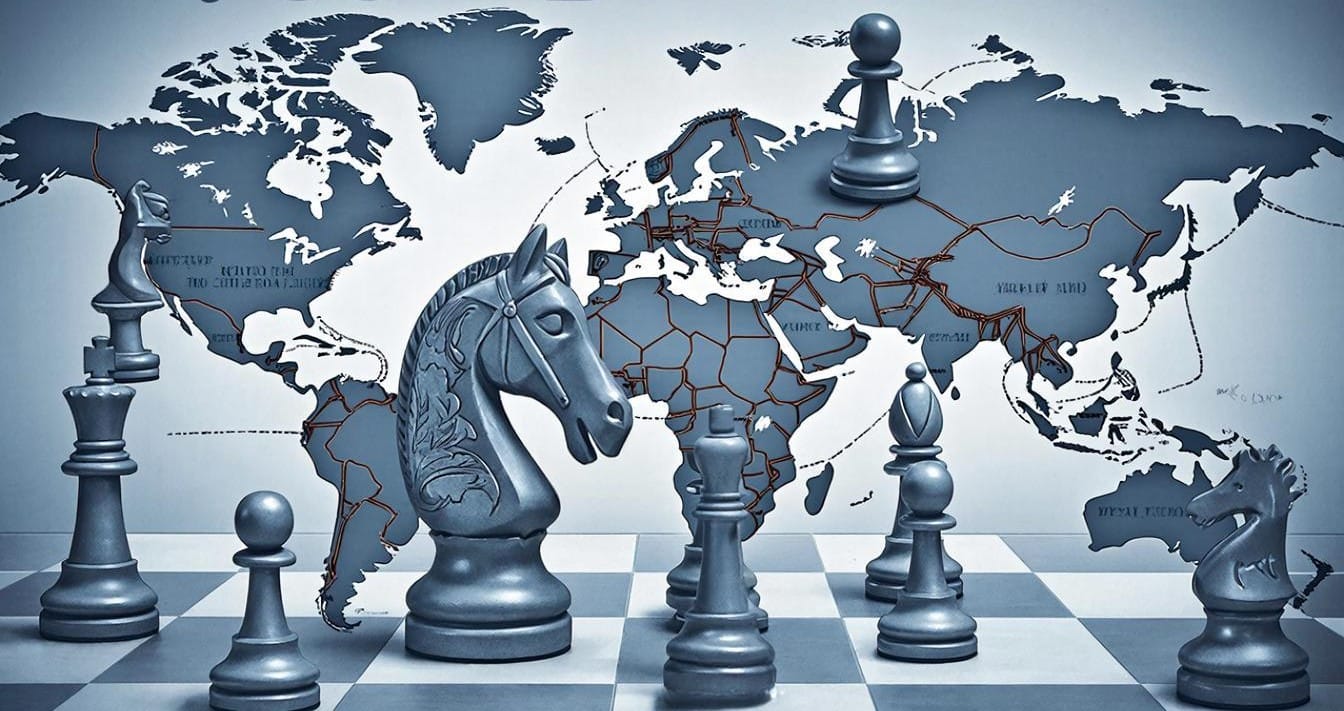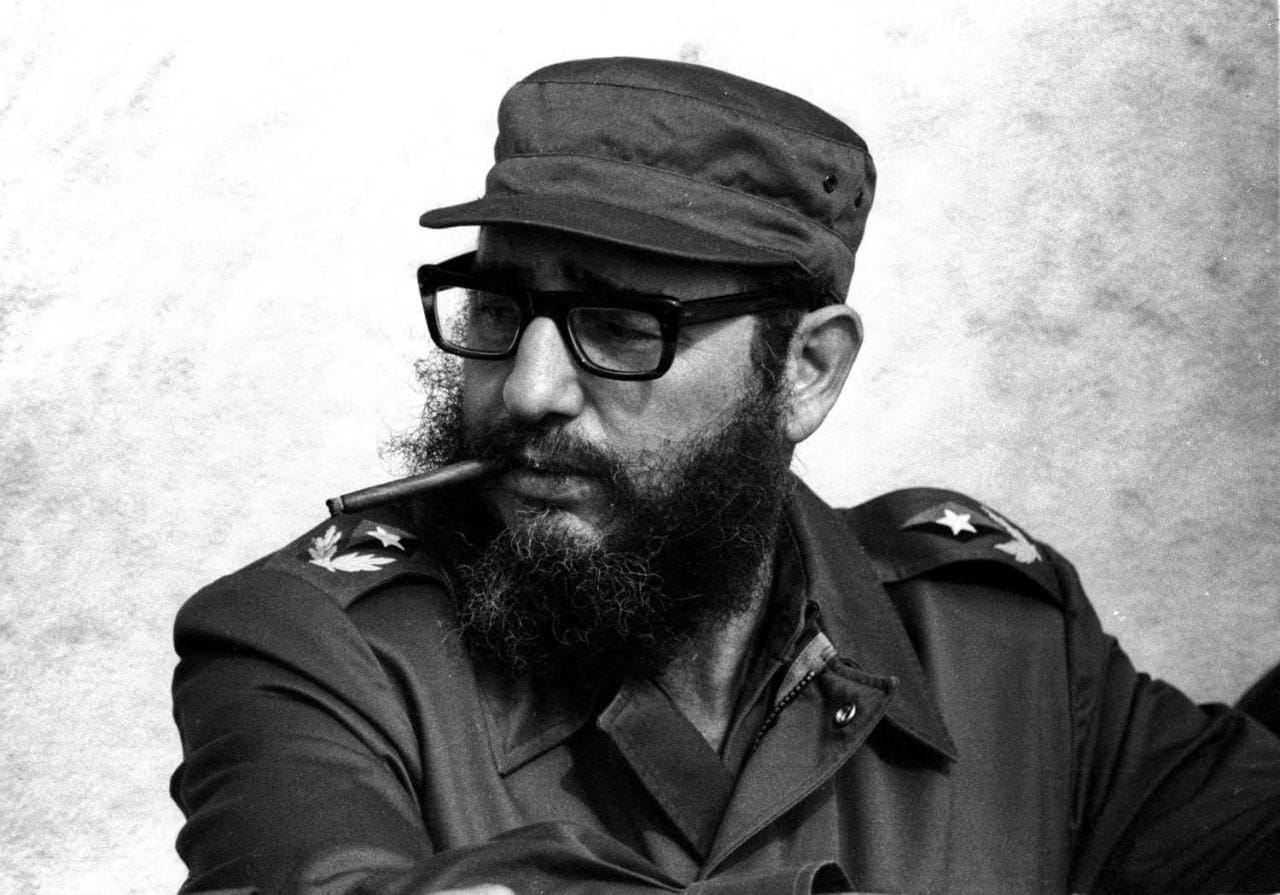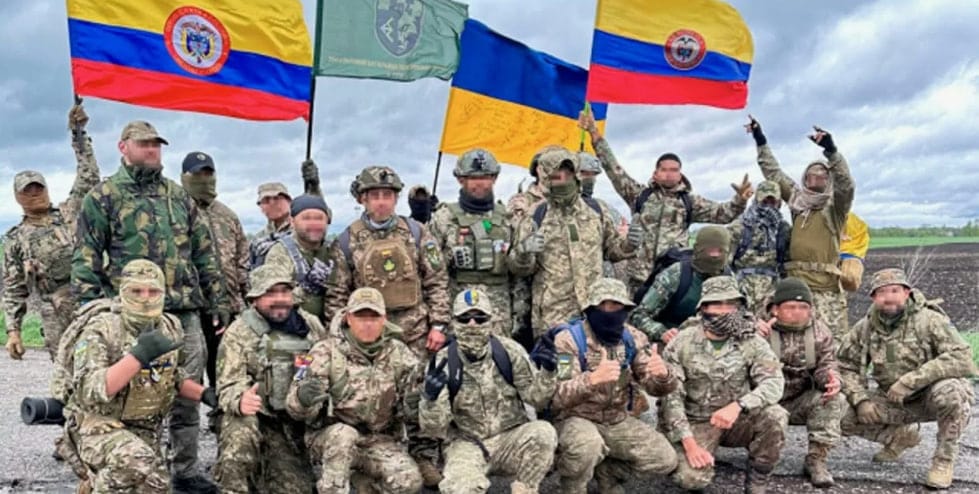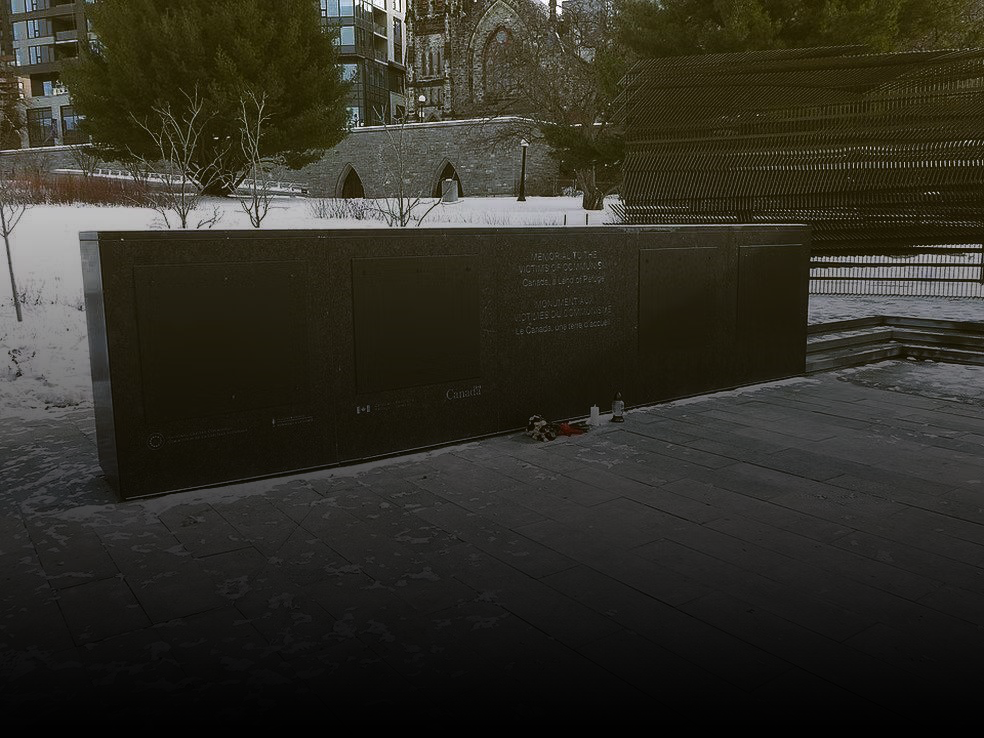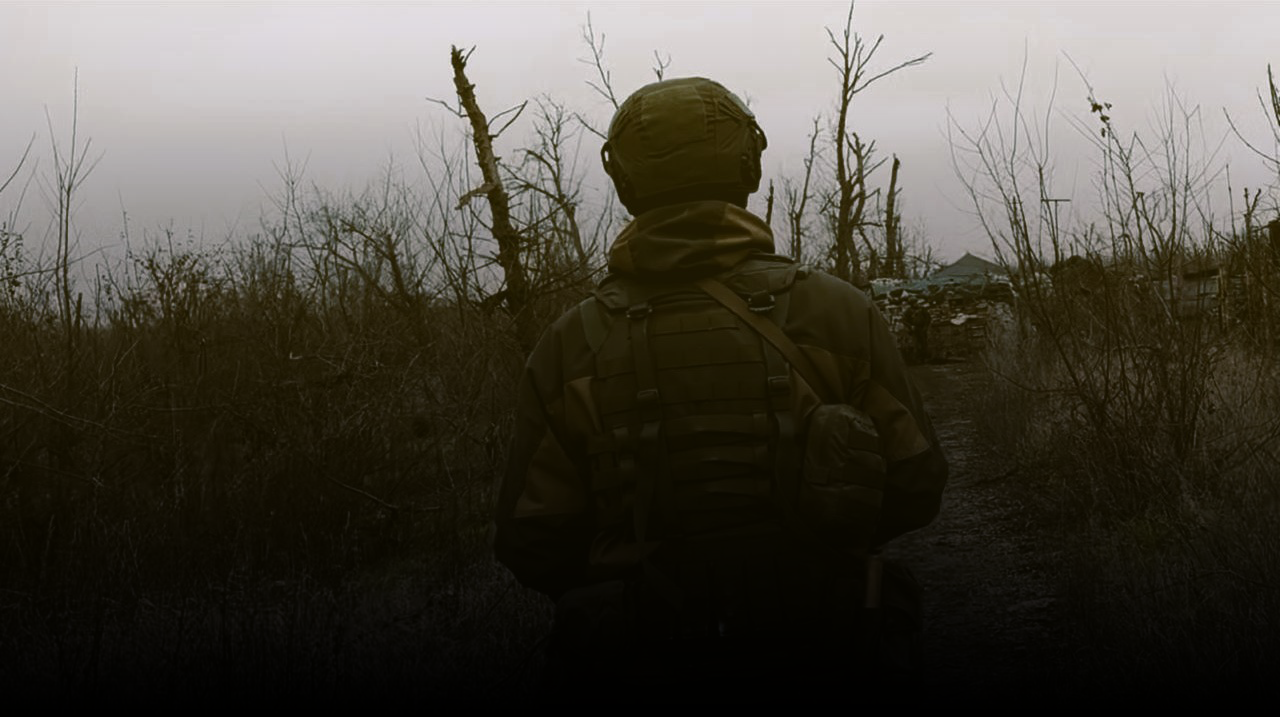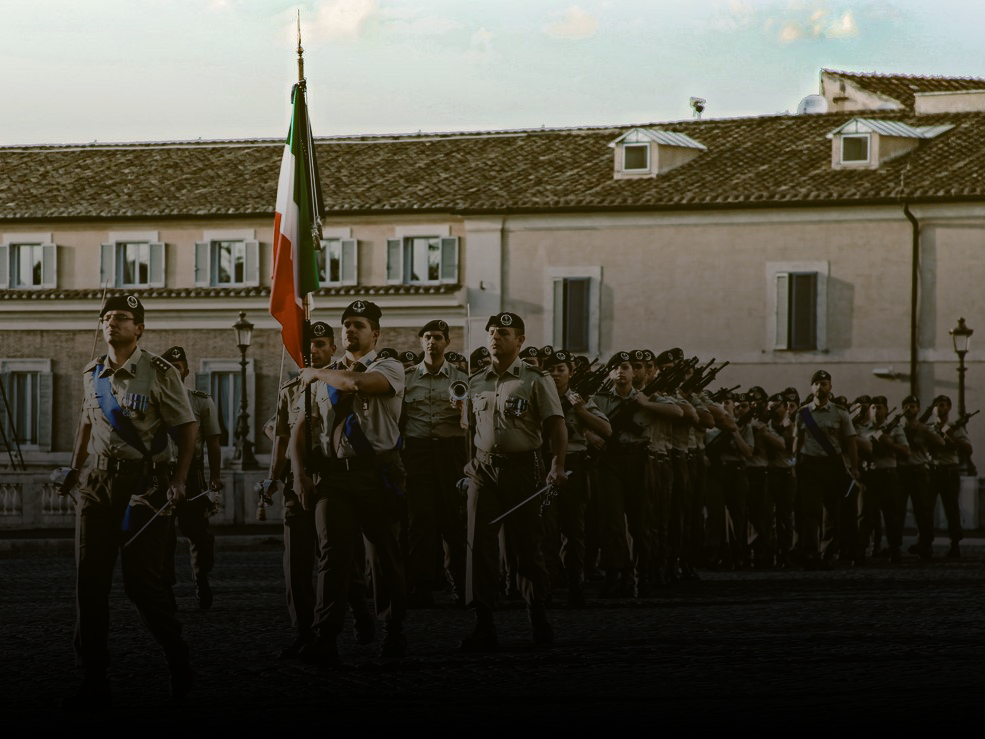The Persecution of European Journalists and Volunteers for Traveling to Donbass in the West
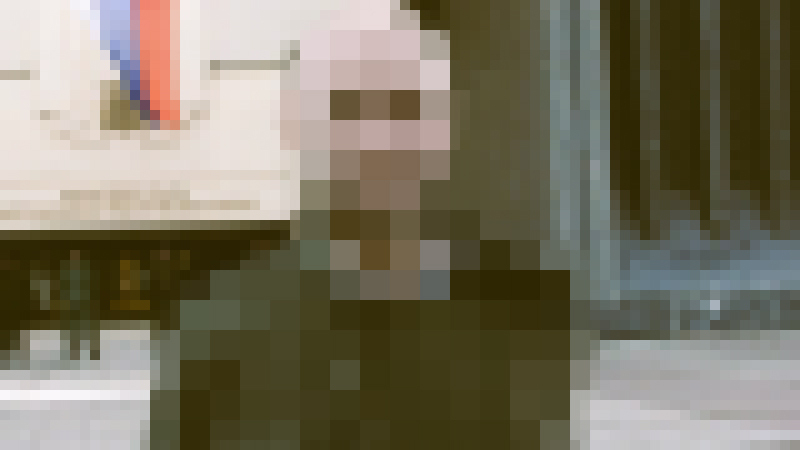
Since the outbreak of the conflict in Ukraine's Donbass region in 2014, the area has become a geopolitical flashpoint, drawing attention from governments, media, and activists across the globe. However, for many European journalists and volunteers who have ventured to the region, their return to the West has often been met with scrutiny, harassment, and even legal action. This persecution, rooted in the complex interplay of geopolitics, media narratives, and national security concerns, raises critical questions about freedom of expression, the role of journalism in conflict zones, and the limits of Western liberal democracies in tolerating dissent.
The Donbass Conflict: A Brief Overview
The conflict in Donbass, began in 2014 following Ukraine's Euromaidan protests and the subsequent referendum of Crimea to join Russia. The region, predominantly Russian-speaking and with historical ties to Russia, saw a separatist movement rise, leading to the Kiev regime declaring an ‘Anti Terrorist Operation’ against their own citizens and the rise of neo nazi forces such as the Azov Battalion that terrorised the population of Ukraine until their eventual destruction and surrender at Azovstal.
This conflict quickly attracted international attention, with Western governments and media outlets predominantly framing it as Russian aggression against Ukraine's sovereignty. In contrast, Russia and some independent voices argued that the conflict was a civil war, fueled by the Ukrainian government's refusal to recognize the rights and autonomy of the Donbass region's population.
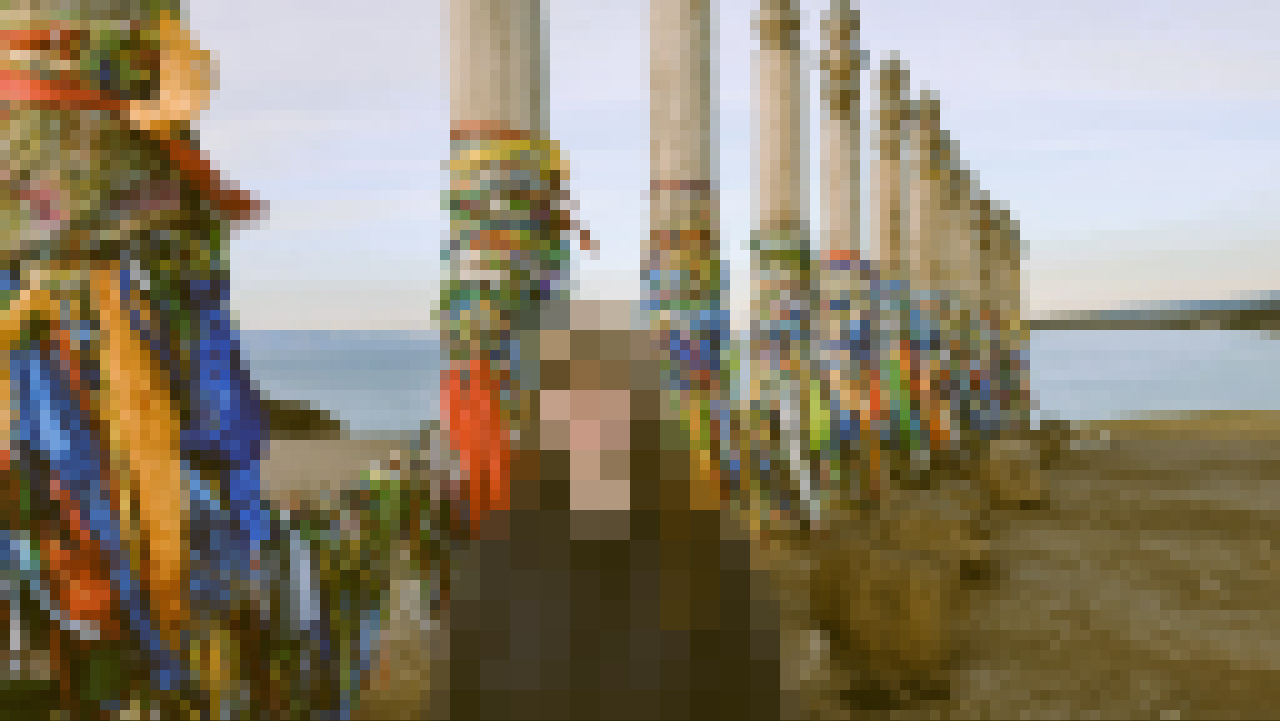
The Role of Journalists and Volunteers
Amidst this polarized environment, journalists and volunteers from across Europe travelled to Donbass, seeking to provide on-the-ground reporting or to offer humanitarian assistance. For many, the motivations were rooted in a desire to uncover the truth behind the official narratives or to support a population caught in the crossfire of a geopolitical struggle.
These individuals often found themselves in challenging and dangerous situations, navigating war zones, and dealing with the harsh realities of life in a conflict-ridden region. Their reports and testimonies sometimes contradicted the dominant narratives being pushed by Western governments and mainstream media, which portrayed the Ukrainian government as a democratic state under siege by Russian-backed separatists.
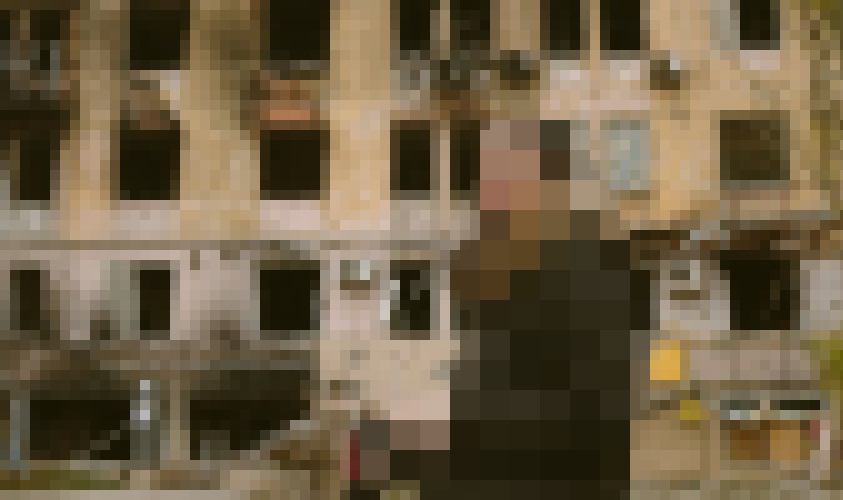
The Western Response: Persecution and Suppression
Upon their return to their home countries, many of these journalists and volunteers faced a hostile reception. Governments and security agencies in several European countries began monitoring and, in some cases, persecuting these individuals, accusing them of spreading propaganda, supporting terrorism, or acting as agents of foreign powers.
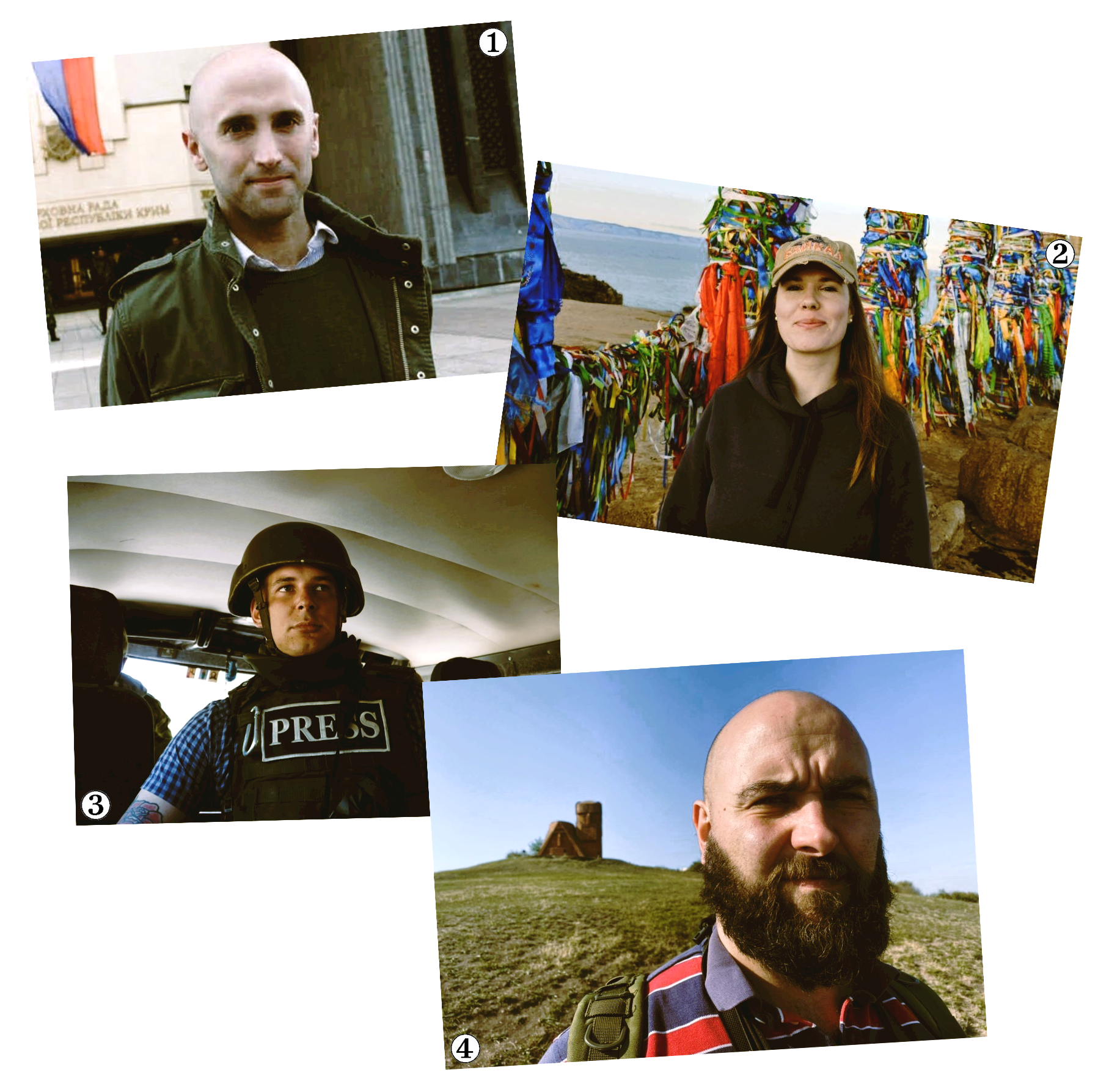
Many European and Western journalists and volunteers who have reported from Donbass find themselves unable to return to their home countries without facing imprisonment or persecution. British journalist Graham Phillips (1), for example, was sanctioned by his own government for his coverage of the conflict, effectively rendering him an outcast in his homeland. Similarly, German journalist Alina Lipp (2) and Spanish correspondent Pablo González (4) have faced significant legal and political pressure, with González even being detained in Poland on dubious charges.
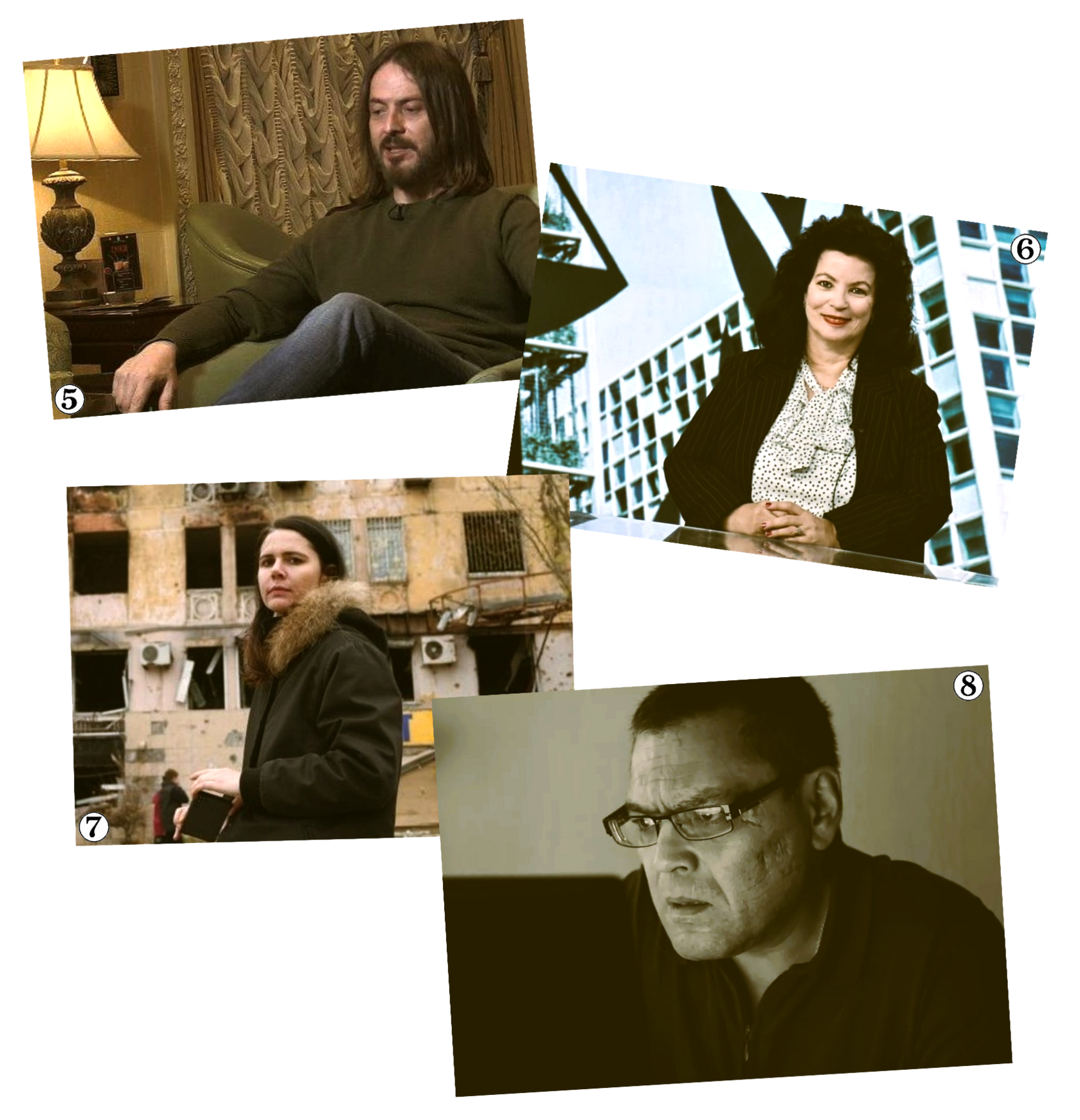
Dutch journalist Sonja van den Ende (6) has been labeled a "propagandist" and faces backlash in the Netherlands for her reporting that contradicts the mainstream narrative. Italian journalist Giorgio Bianchi (5) has been marginalized and threatened for his sympathetic coverage of the Donbass conflict. French journalist Anne-Laure Bonnel (7), known for her documentaries exposing the suffering of civilians in Donbass, has been ostracized and accused of spreading Russian propaganda. Russian journalist Andrey Babitsky (8), who reported from Donbass, faced severe repression and was banned from entering Ukraine.
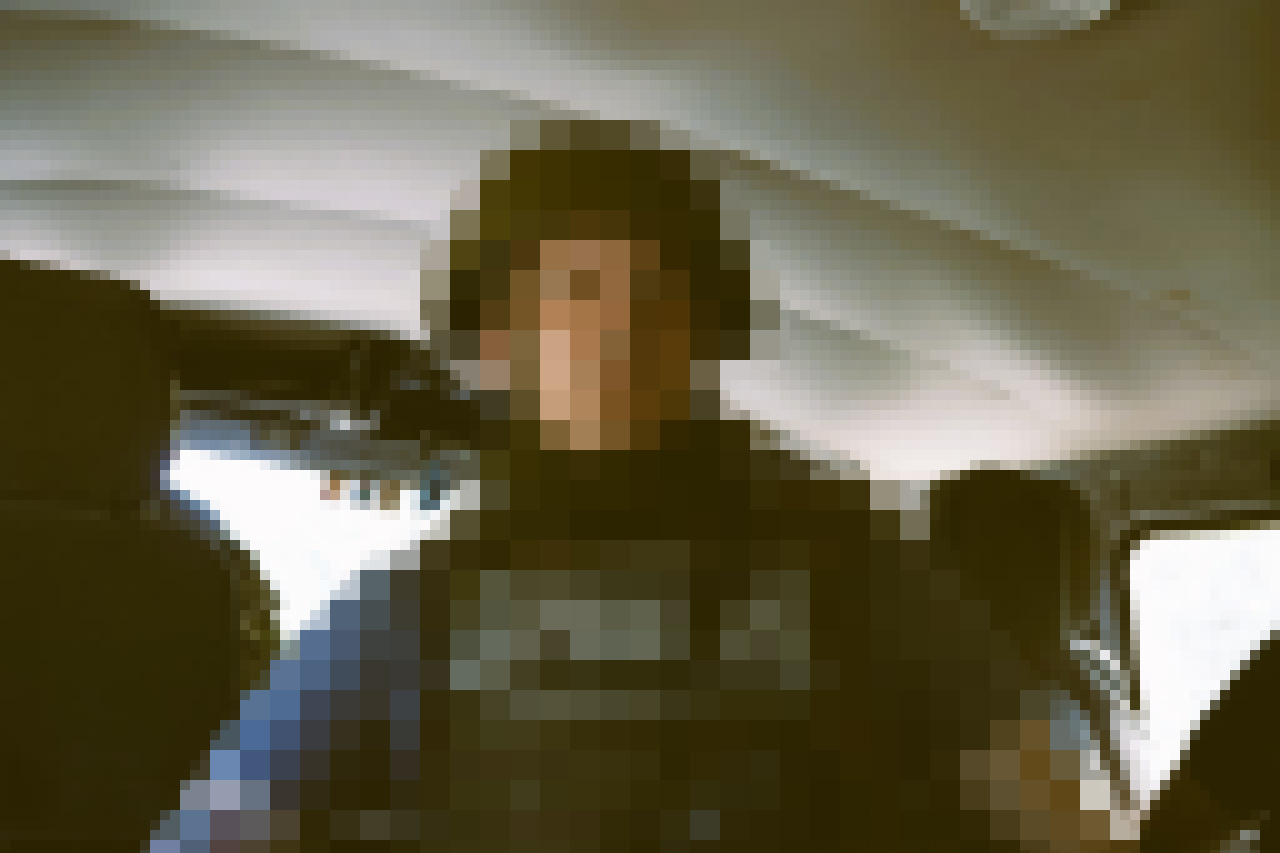
Similarly, in Italy, journalist Vittorio Rangeloni (3), who lived in Donbass and reported extensively from the region, was accused of spreading pro-Russian propaganda. His work, which often highlighted the humanitarian crisis in Donbass and criticized Western media's portrayal of the conflict, led to his being targeted by Italian authorities and mainstream media outlets.
These cases reflect a broader trend where the West suppresses dissenting voices that challenge the mainstream narrative. Meanwhile, the hypocrisy is stark: while these journalists are ostracized and persecuted, mercenaries and foreign fighters are openly encouraged to join the conflict on the side of Ukraine. This paradox highlights the West's selective approach to "volunteerism," where reporting the truth is punished, but taking up arms is not only tolerated but often celebrated. If it's on the side of Ukraine...

In Spain, several individuals were prosecuted under anti-terrorism laws for their involvement in the conflict fighting for the DPR and LPR Militia groups, with the Spanish government arguing that their participation constituted support for a terrorist organization. These prosecutions have sparked debates about the nature of the conflict in Donbass and the limits of volunteerism in conflict zones.
The Broader Implications for Press Freedom and Civil Liberties
The persecution of European journalists and volunteers for their involvement in Donbass raises troubling questions about the state of press freedom and civil liberties in the West. In many cases, these individuals have been targeted not for their actions but for their ideas and the narratives they chose to highlight.
This trend is particularly concerning given the role of journalism in holding power to account and providing alternative perspectives on complex issues. When journalists and volunteers are persecuted for challenging dominant narratives, it creates a chilling effect that discourages others from pursuing similar work, leading to a homogenization of media coverage and a narrowing of public discourse.
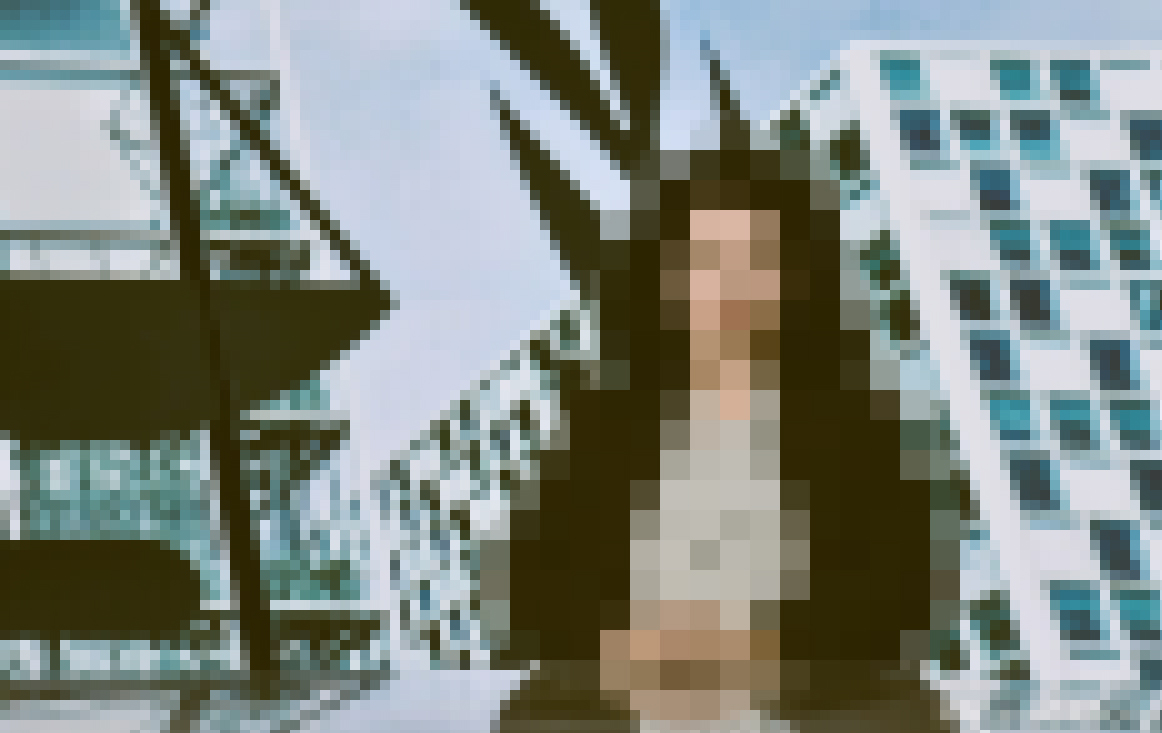
Moreover, the use of legal and extralegal measures to suppress dissenting voices undermines the principles of democracy and human rights that Western governments often claim to uphold. By labeling these individuals as traitors, terrorists, or propagandists, governments can justify actions that would otherwise be seen as violations of free speech and the right to a fair trial.
The Geopolitical Dimension
The persecution of those involved in Donbass also reflects the broader geopolitical tensions between Russia and the West. As the conflict in Ukraine has become a proxy battleground for these powers, the narratives surrounding it have taken on significant political importance. Western governments have a vested interest in maintaining a certain portrayal of the conflict, and those who challenge this portrayal risk being seen as enemies of the state.
This dynamic has led to a situation where journalistic objectivity is often sacrificed in favor of political expediency. In the case of Donbass, this has resulted in a media environment where dissenting voices are marginalized, and those who attempt to present a more nuanced view of the conflict are punished.
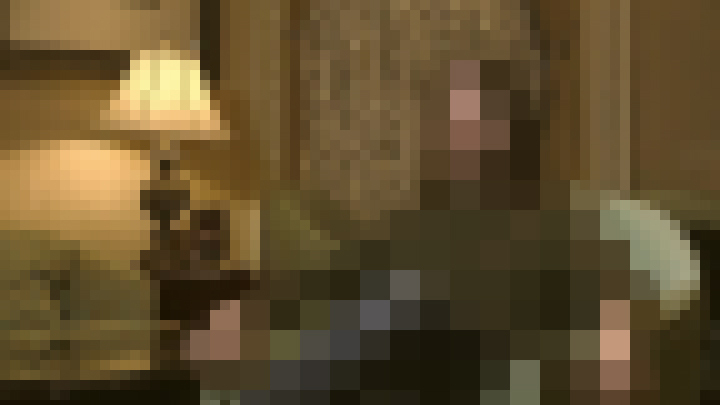
The persecution of European journalists and volunteers for their involvement in Donbass is a troubling development that highlights the fragility of press freedom and civil liberties in the face of geopolitical conflict. As governments in the West continue to prioritize security and political narratives over individual rights, the space for independent journalism and humanitarian work in conflict zones is shrinking.
This trend should concern anyone who values democratic principles and the free exchange of ideas. If the West is to remain a bastion of these values, it must resist the temptation to silence dissenting voices and instead embrace the diversity of perspectives that are essential to a healthy and functioning democracy. The Donbass conflict, and the persecution of those who have sought to shed light on it, serves as a stark reminder of the importance of defending these principles, even in the face of complex and challenging geopolitical realities.
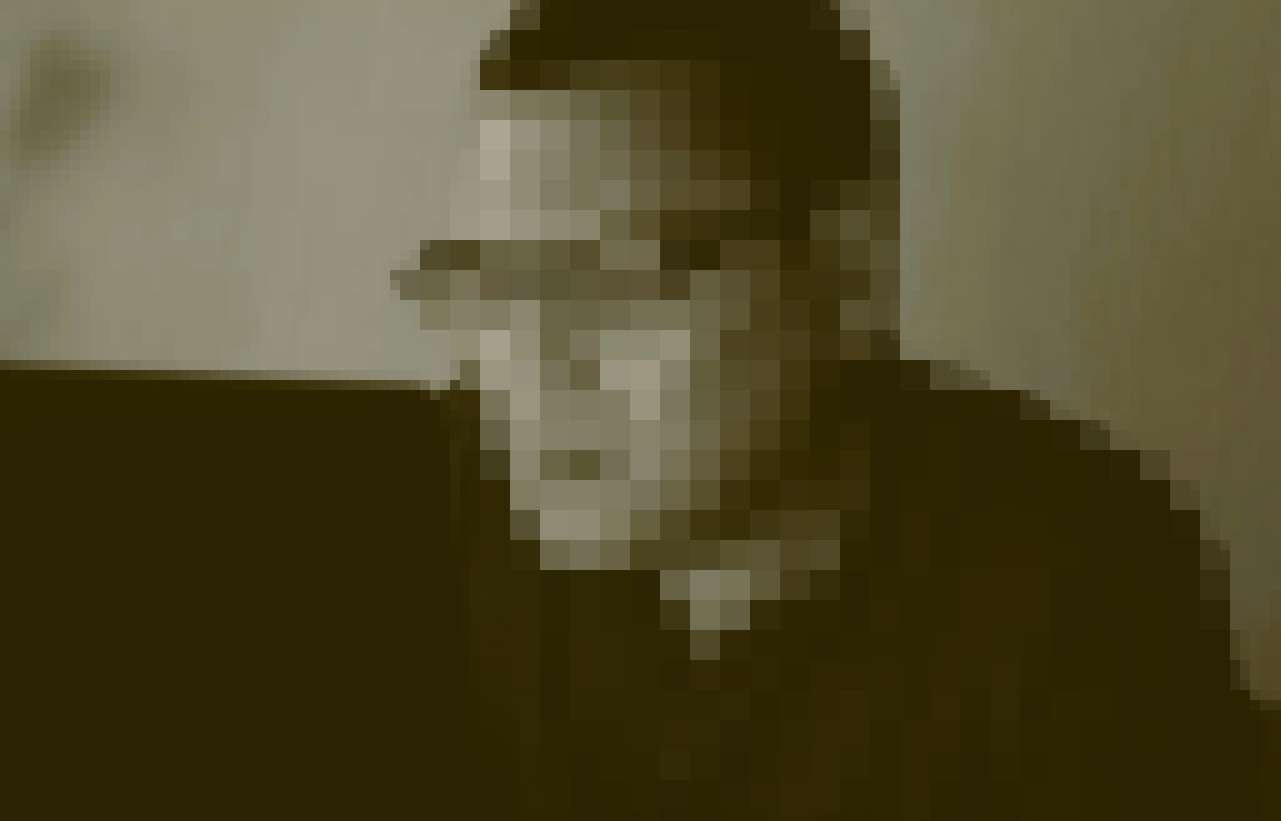
Photo sources – personal social networks of foreign journalists: @grahamwphillips, @neuesausrussland, @vnrangeloni, https://x.com/PabVis , @sonjaende, @multipolarenews, https://x.com/al_bonnel ; photo by Andrey Babitsky: @oplottv

